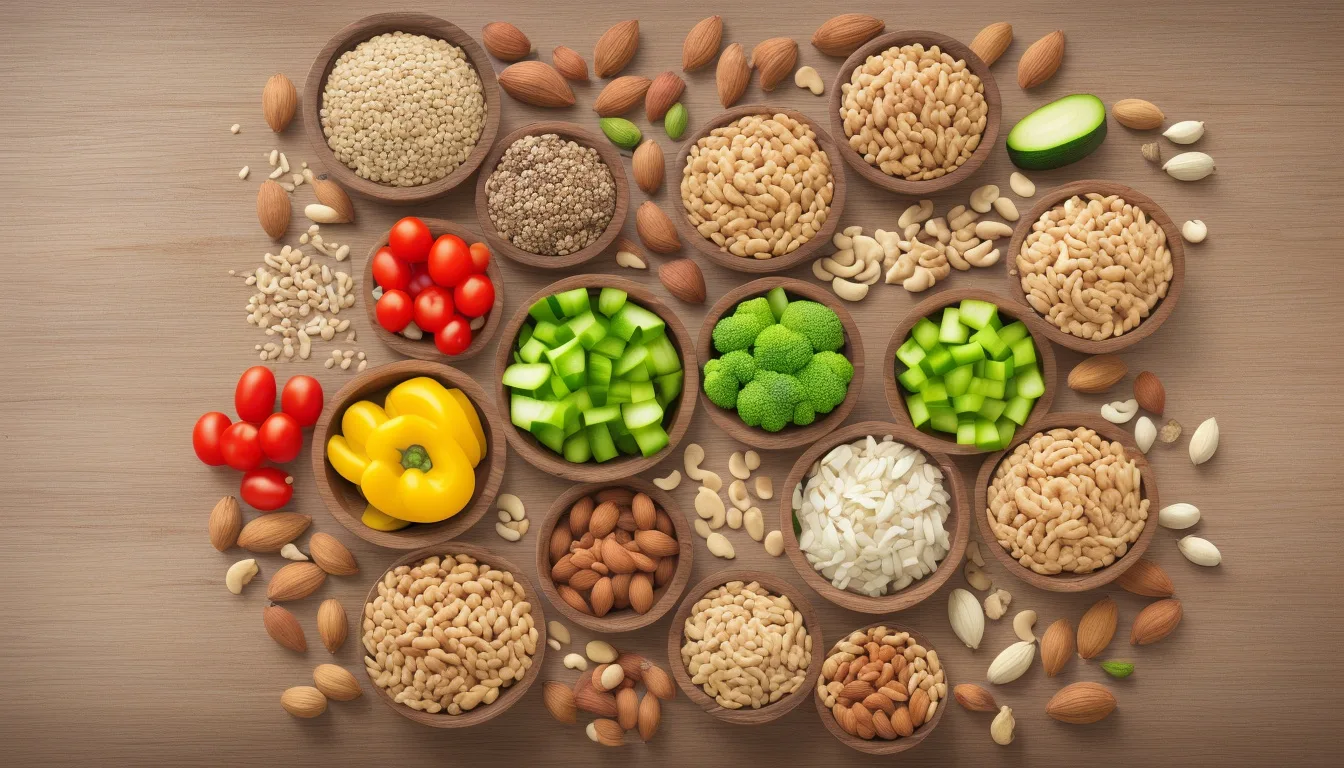
In recent years, the popularity of low carbohydrate diets has surged, leading many to explore various styles of eating that promise weight loss and enhanced health.
Among these, the keto diet has emerged as a frontrunner, often sparking conversations about the difference between keto and low carb diets.
While both approaches restrict carbohydrates, their underlying principles and long-term implications can differ significantly.
In this article, we will delve into the fundamentals of low carb diets, examine the specifics of the keto diet, highlight their key differences, and guide you on how to choose the right plan for your lifestyle and health goals.
Download your FREE Macros Tracker Sheet here
 Download your FREE Macros Tracker Sheet here
Download your FREE Macros Tracker Sheet here

Key Differences Between Keto and Low Carb Diets
When exploring the difference between keto and low carb diets, it’s essential to understand the fundamental principles that set them apart.
Both dietary approaches prioritize reducing carbohydrate intake, but they do so with distinct goals and macronutrient ratios.
A ketogenic diet is characterized by a dramatic reduction in carbs, typically below 50 grams per day, which aims to enter a state of ketosis—where the body burns fat for fuel instead of carbohydrates.
This high-fat, moderate-protein diet often consists of about 70-75% fat, 20-25% protein, and only 5-10% carbohydrates.
In contrast, a low carb diet can encompass a more flexible range of carbohydrate intake, usually between 50 to 150 grams per day.
It promotes healthier eating habits but doesn’t strictly require reaching ketosis, allowing for a more varied component of carbohydrates, albeit still lower than standard diets.
Understanding these differences is crucial for individuals considering which dietary pattern may work best for their lifestyle and weight management goals.
Health Implications: Who Should Consider Each Diet?
When exploring the difference between keto and low carb diet options, it’s essential to understand their health implications for various individuals.
The ketogenic diet, which emphasizes high-fat, moderate-protein, and very low carbohydrate intake, can be particularly beneficial for those seeking rapid weight loss or managing conditions such as epilepsy.
On the other hand, the low carb diet allows for a more flexible carbohydrate intake, making it suitable for people who wish to reduce carbs without the stringent restrictions of the keto approach.
Individuals with diabetes might find a low carb diet easier to maintain while still effectively managing blood sugar levels.
Meanwhile, athletes may prefer a low carb diet due to its ease of integration with performance nutrition needs, as it provides more leeway in food choices and can help in sustaining energy levels during prolonged physical activity.
Ultimately, determining the right diet involves considering personal health goals, lifestyle preferences, and, if necessary, consulting healthcare professionals.

Choosing the Right Diet for Your Lifestyle and Goals
Choosing the right diet for your lifestyle and goals is crucial for long-term success and overall health.
When exploring various dietary options, many individuals often come across the difference between keto and low carb diet choices.
While both approaches emphasize reducing carbohydrate intake, they diverge significantly in structure and application.
The ketogenic diet, or keto, typically limits carb consumption to about 5-10% of daily caloric intake, pushing the body into a state of ketosis, where it primarily burns fat for fuel.
In contrast, a low carb diet offers greater flexibility, allowing for a broader range of carbohydrate consumption—generally around 10-30%—without necessarily inducing ketosis.
This distinction can impact not just weight loss, but also energy levels, mental clarity, and overall well-being.
Understanding these differences can help you align your dietary selection with your personal health objectives, whether they be weight management, enhanced athletic performance, or simply improved lifestyle habits.
Frequently Asked Questions
What is the main difference between a keto diet and a low carb diet?
The primary difference is that a keto diet is specifically designed to induce ketosis, where the body burns fat for fuel instead of carbohydrates, typically requiring a higher fat intake and very low carb intake.
In contrast, a low carb diet simply reduces carbs without necessarily aiming for ketosis.
Can I lose weight on a low carb diet without going keto?
Yes, many people can successfully lose weight on a low carb diet by reducing their carbohydrate intake, which can help decrease insulin levels and promote fat burning, without strictly adhering to the keto diet’s carb limitations.
Who should consider a keto diet versus a low carb diet?
A keto diet may be suitable for individuals looking for rapid weight loss, those struggling with metabolic conditions, or people seeking to manage certain health issues like epilepsy.
A low carb diet might be more appropriate for individuals who prefer more flexibility in their meal choices and are not aiming for ketosis.
Are there any health risks associated with the keto diet?
Yes, some individuals may experience side effects such as the ‘keto flu’, nutrient deficiencies, or other health issues related to high fat intake.
It’s important to consult with a healthcare provider before starting a keto diet.
How do I choose between keto and low carb diets?
Consider your health goals, lifestyle, and preferences.
If you want to achieve ketosis and are okay with a structured diet, keto may be appropriate.
If you prefer a broader range of food options and a more sustainable approach, a low carb diet might be more suitable for you.
[color=rgb(10, 10, 10)][highlight=rgb(255, 248, 231)] As an Amazon Affiliate, Savvy Keto makes a commission (at no extra cost to you) on purchases you make thru links on this site.[/highlight][/color]




